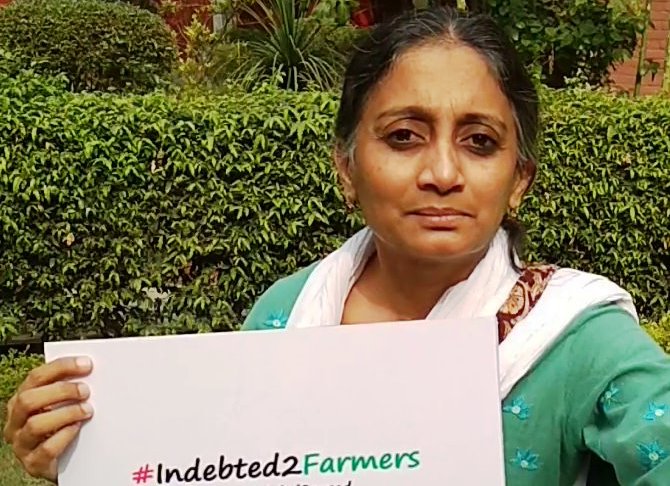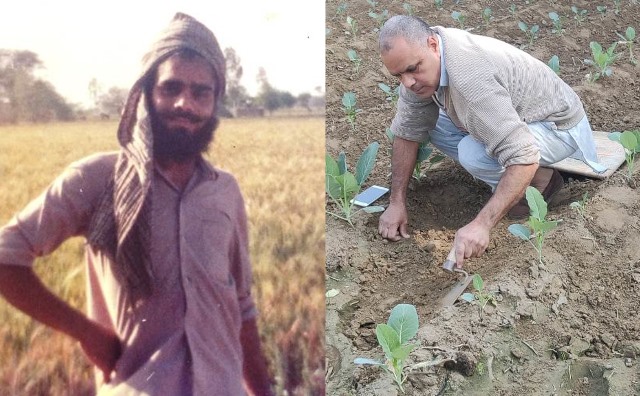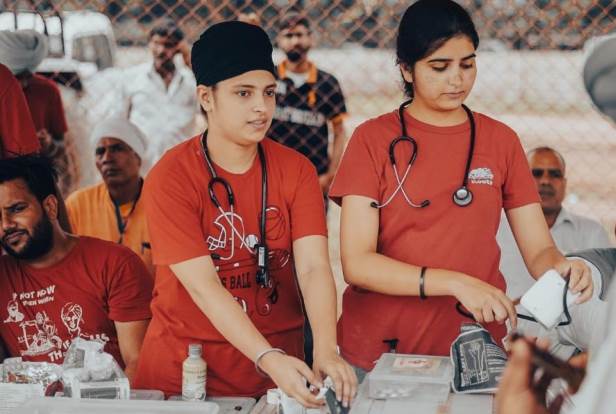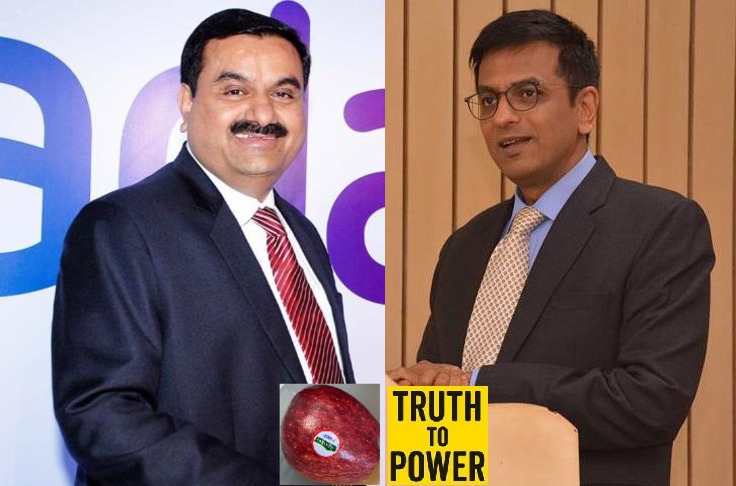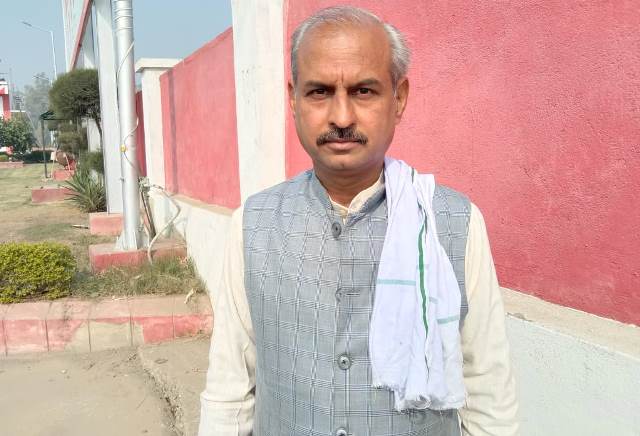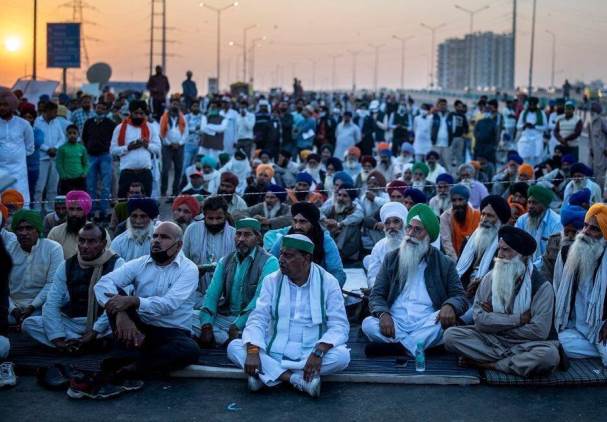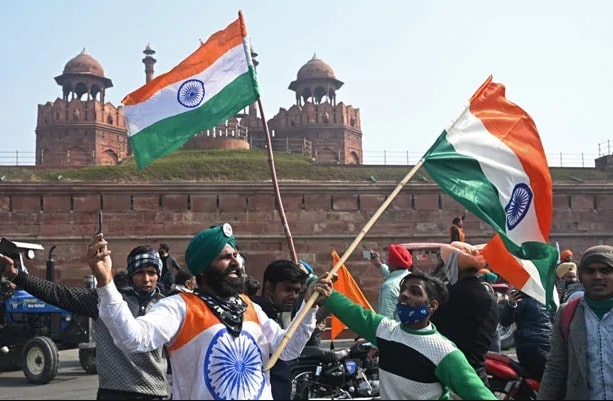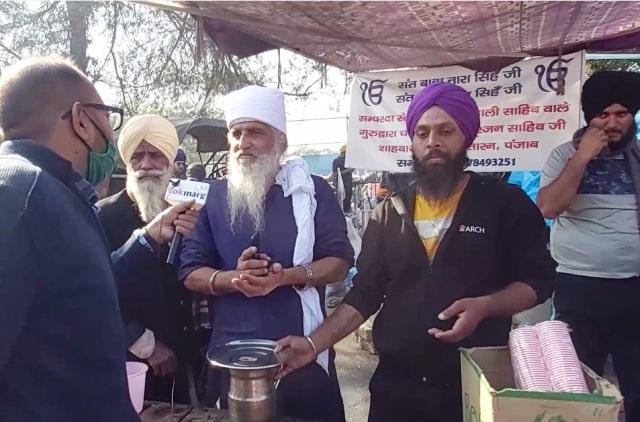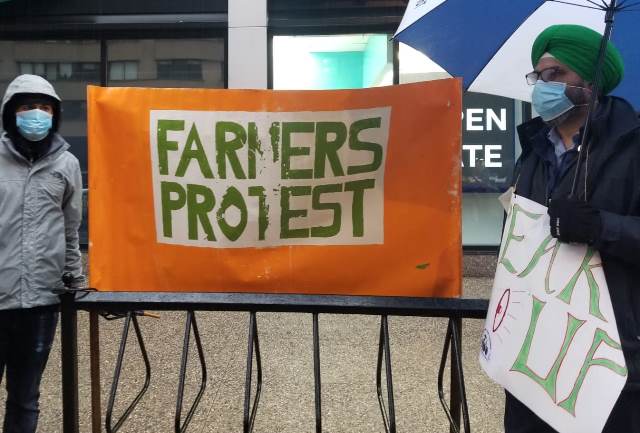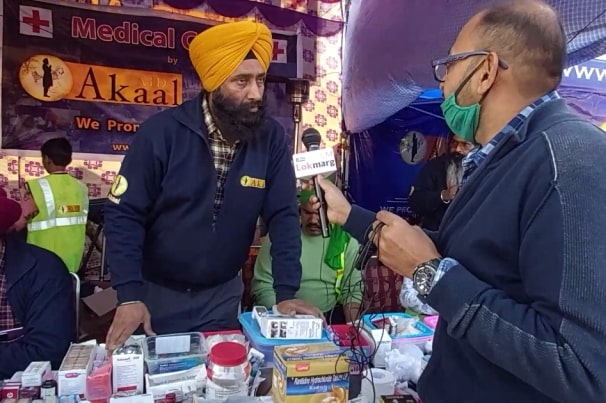In a civilian protest rally of a million or so, it should not surprise even the most naïve that a few hundred will take matters into their hands, run amok and engage in dramatic acts to gain attention. Governments often like these unplanned breakouts. They exploit the indiscipline of a few to the hilt, squeezing every drop of advantage they can get, even justify sending in the armed forces to crush the dissent. The mass tractor rally in Delhi has given the BJP government at the Centre that opportunity. It is yet to see whether it milks the situation or acts wisely. The media is already on the script.
The narrative of violent elements having hijacked the protest and secessionists hoisting the Sikh flag on Red fort (Lal Qila) are the headlines. There has been little coverage of the other 99% of the peaceful protestors.
But neither Farmers’ leaders not the millions around the world supporting the farmer protest should feel guilt, remorse or surprise. The leaders are not professional sergeant majors trained to manage a battalion of troops in discipline. Nor are the millions of volunteer protestors a well-heeled army of ‘marching’ cadres. The discipline of armed forces was on show a few miles away at Rajpath. The creative indiscipline of ordinary people was evident at the farmer protests.
There is also a long history of agent provocateurs disrupting well-intended peaceful demonstrations. Often state security services deliberately provoke or leave windows open for the aberrant breakaway groups. Yogendra Yadav, one of the farmer leaders, has already made a statement accusing the police of deliberately letting the sideshow happen.
Moreover, fringe groups who rarely get any publicity or support, piggy back on legitimate mass movements with dreams of precipitating a ‘revolution’. It happens everywhere in the world.
This sort of passionate acts and violence happened in the otherwise peaceful Rath Yatras led by Advani but which ended in the demolition of Babri Masjid at Ayodhya. Breakaway violence gave Trump headline excuse in America’s Black Lives Matter. It has happened in most big protests in Britain such as miners’ strike and the poll tax. It happened in the demonstrations in 1982 in Punjab.
It will be highly disingenuous of the Government to exploit the side show in the otherwise very peaceful demonstration to distract from the issues and use it as an excuse to crush the farmers. It will be a punitive win.
The vast majority of farmers concentrated on their intended protest. There were families, elderly and children. Many protests took place in other parts of the country. All the protests were otherwise peaceful except the ones in the Capital.
The Government may take out its old playbook and start the game of distraction tactics, arrests and charges. It will be tempted to make claims that national security is under threat and hope for a anti farmer public opinion wave to crush the protests. The now very compliant Indian media houses will oblige. Yet the Government may wish to make risk assessment of this failed policy.
This has been tried many times before. The exploitation of some indiscipline was exploited in 1984. The legitimate movement for greater state rights was labelled as a secessionist terrorist campaign. But it backfired with two prime ministers assassinated, a fractured country, demoralisation in the Army, rise of a new political fundamentalism and a country on brink of bankruptcy in 1992. It took some 15 years to get back on keel.
This time the farm laws protests are not confined to Punjab but have spread throughout the country. This time there is also a bigger menacing neighbour than Pakistan willing to exploit internal dissent. No number of shiny Rafale jets can control people’s movements as the mighty USA has found in the Middle East.
The grievance of the farmers are real, much as the Government would like to delude itself that it has been hijacked by Communists and secessionists. It is simply about land.
The country fights for every inch of land against its neighbours and invaders. The neighbouring countries want to expand territory and gain access to resources. India, like every country has a huge armed infrastructure in place to protect that every inch of land.
Farmers too fight for every inch of their little patch of land against predatory corporates and big money. Corporates want to take over their land to exploit the resources. Unlike a country, the farmers only have their legs and their will to fend off policies that favour corporate takeovers of small farms. What is so difficult to understand about that?
Prime Minister Narendra Modi has not been able to convince the farmers that his brand new wonderful laws are really for their (farmers) benefit. He has lost the argument. Pushing it with tyrannical or dictatorial force is neither democratic nor in the best interest of the country.
But Modi is no tyrant. Tyrants destroy those nearest them to consolidate power. Modi is too dependent on the party and the RSS to be a real tyrant. Does BJP want its image to be like the Baath Party of Iraq?
Modi is also not a real dictator. Dictators don’t usually bring in policies that endanger their rule. They are careful. Modi is a victim of his own myth rather than a true dictator
Moreover the Indian democracy does not really let tyrants or dictators last for long. Modi is a man caught in his own mythology. His party has built a persona of Modi the strongman who never does a U-turn. These sort of hyped-up public profiles do not work well in democracies. They end tragically for the person. They usually serve the interest of those who build the myth.
That is what happened to Margaret Thatcher. She fell on her own sword, brought down by her own party and financiers when they needed her no more. That is what happened to Trump in the end. That is what is happening to Boris. That may well be the tragic political end of Modi as those close to him dig in the knife and burst the myth. Democracies are built to oust despots, tyrants and dictators, not to boost their rule. Indian democracy is no different.
Powerful politicians are those who can do U turns without looking weak. PM Modi has left little scope for himself to open his arms and say sorry to farmers and repeal the laws. He and his coterie of myth makers think that will shatter the image of the strong man. It is foolish and its is dangerous. It is not political art. Politics is the field of compromises and sometimes the compromise has to be total for longer survival.
This is now a dangerous impasse for both Modi and the country. A heavy handed response and attempts to malign the farmers could trigger deep resentment and rebellions.
The fact is that both farmers and the government feel there is a need to bring in reforms. But the Government has listened to the wrong economists and policy advisors. Most of them are old retired economists still hooked on GDP rather than comprehensive economics that incorporate aspects such as security, people’s contentment, life opportunities etc.
Exploiting the side show in farmers protest and using the law and armed force may win the battle. But winning a battle does not win a war. That is what the Government should consider seriously. It will be best to treat the aberrant group of protestors just as that and let it be. Concentrate on the issue and the other 99%. Repeal the laws, work with farmers and bring a better set of policies and laws in place. The alternative is not good.
